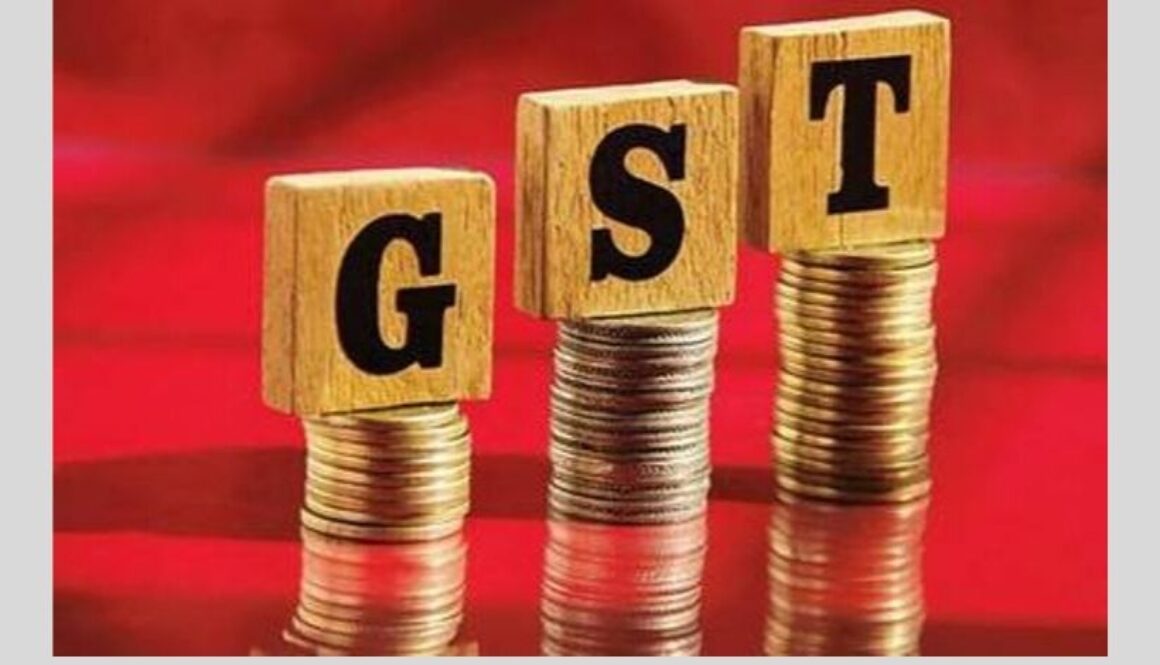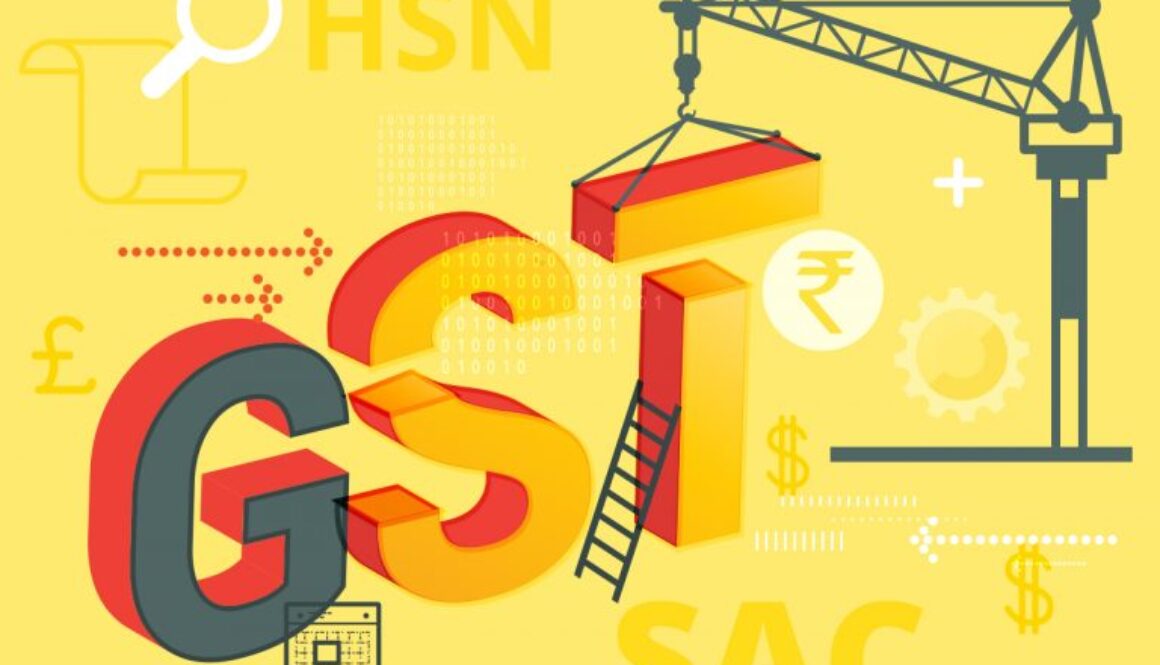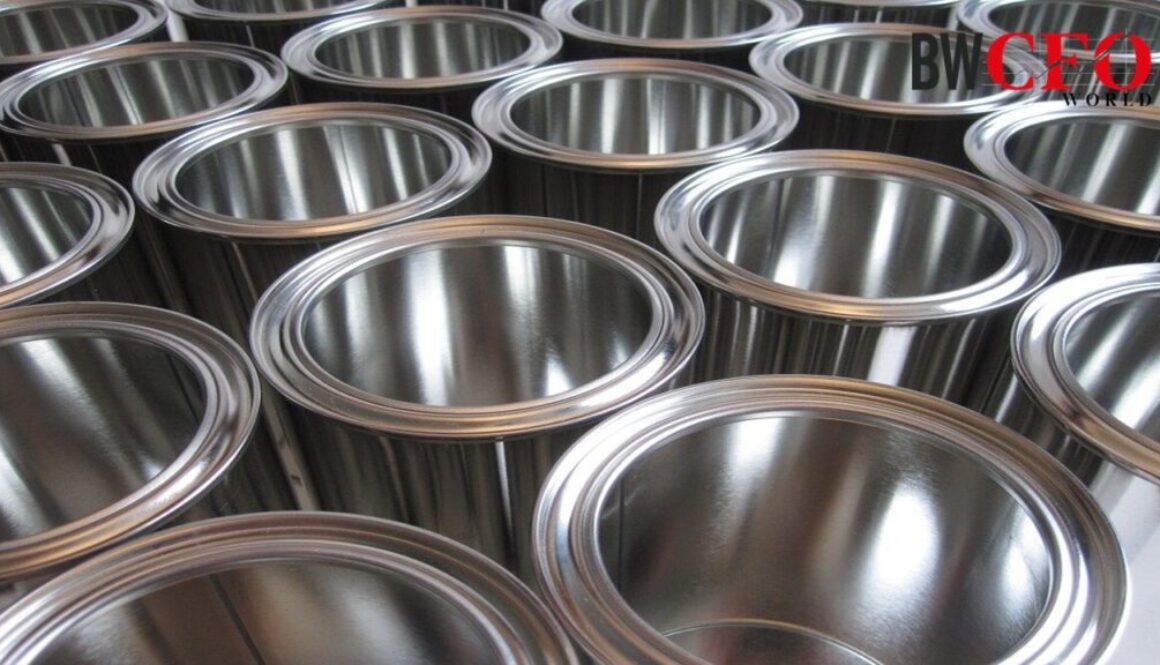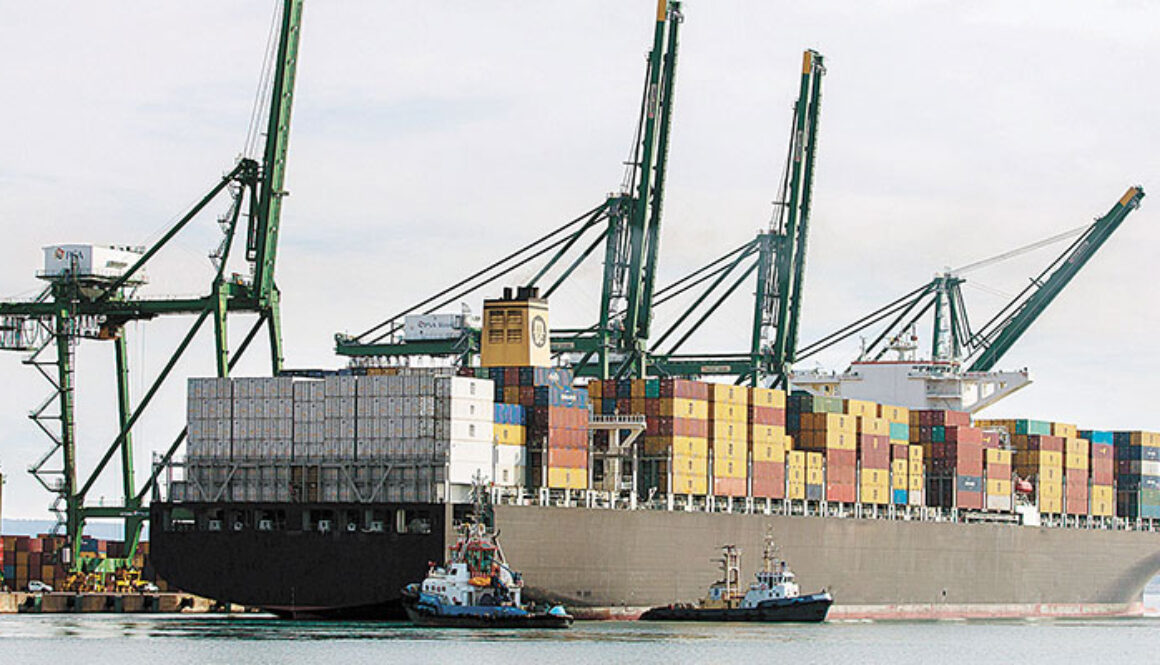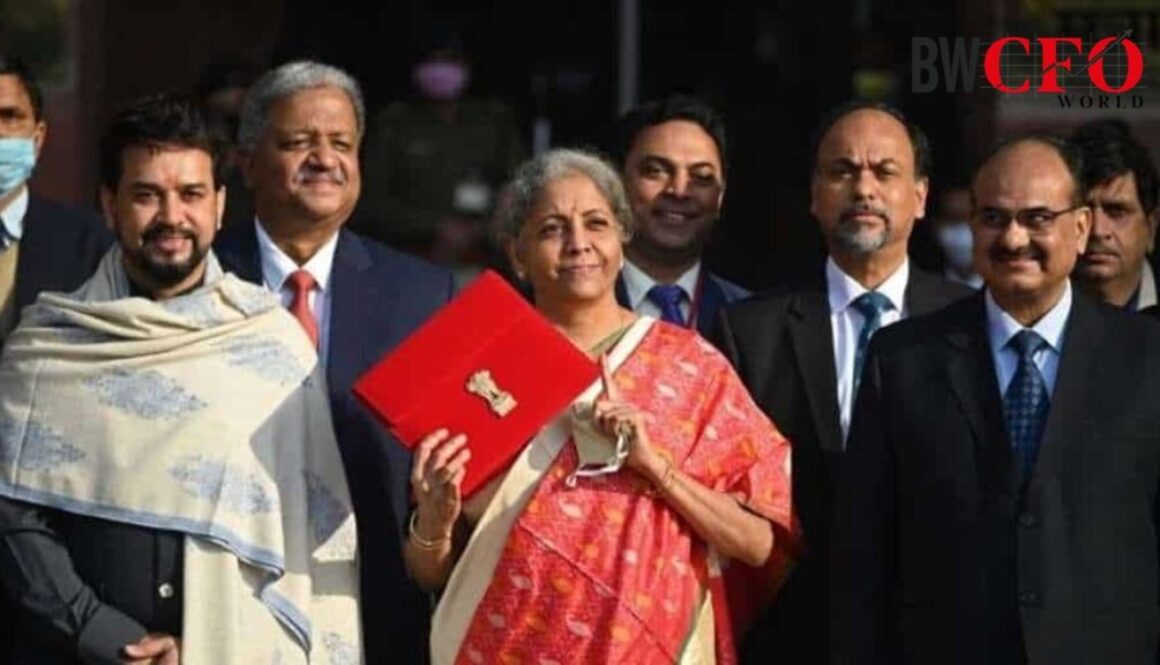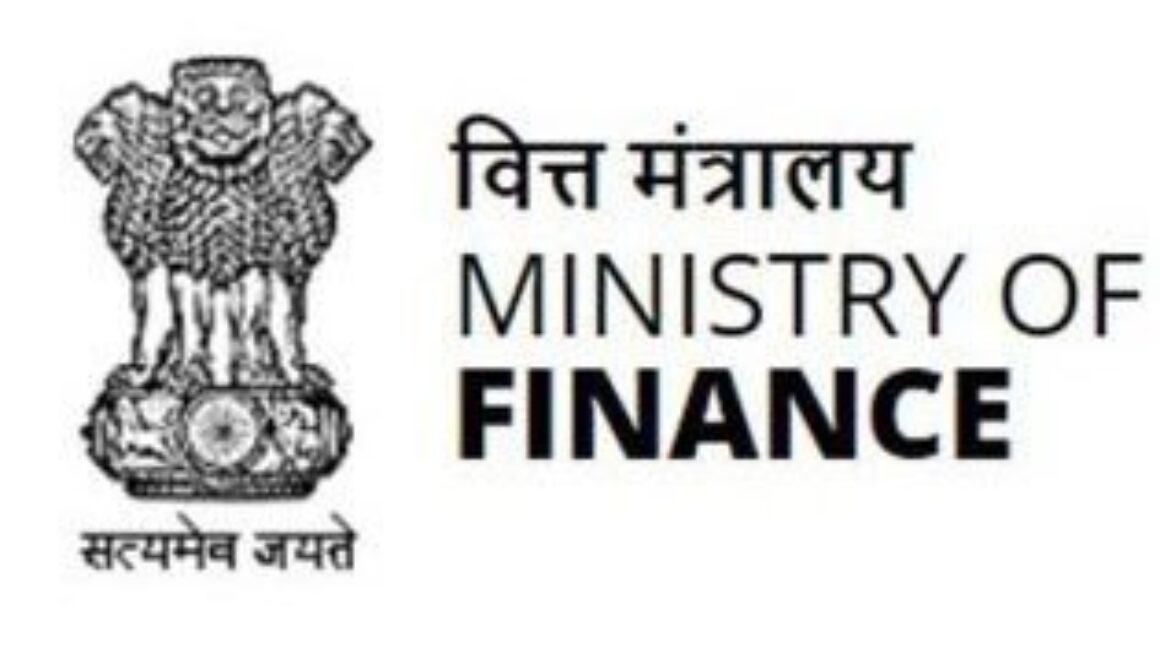Also, the industry is concerned about any major uptick in the steel prices that may make the government reconsider export duties. During May, in this year, the duties were introduced when the global along with Indian steel prices reached a record high which enabled lucrative export opportunities
According to the industry experts, the decision taken by the government to cut export duties on ferrous and steel products may not serve any significant boost to the listed steelmakers of the country. The reasons quoted is global demand for steel that has collapsed, limiting the export opportunities.
Also, the industry is concerned about any major uptick in the steel prices that may make the government reconsider export duties, said experts.
However, what analysts think that the duty rollback may result in some sentimental boost and the marginally revised price targets may witness upwards trend nearly by 10 per cent to 15 per cent across steel companies like JSW Steel, Jindal Steel and Power.
Also, the low inventory in the system may serve a near-term support.
The shares of Tata Steel and SAIL in terms of price targets have not witnessed any significant alterations after the rollback of export duty.
During May, in this year, the duties were introduced when the global along with Indian steel prices reached a record high which enabled lucrative export opportunities. The situation, however, has changed drastically since then.
The World Steel Association (WSA) has reduced its 2022 and 2023 demand estimates across all regions along with India. The only exceptions to this are the Middle East and Africa.
The new global steel demand growth estimates have been altered to 2.2 per cent, keeping it down for 2022. Expectedly, demand may witness a downfall in Europe and the UK, where Tata Steel has a large exposure with the help of its European operations.
The prices of steel in India during May (hot rolled coil) were more than Rs 70,000 per tonne and the steel prices in Europe were nearly 1,000 dollar (Rs 77,000 approximately) per tonne.
The reasons behind export opportunities and higher volumes for domestic steel producers were premiums in the overseas markets.
In contrast, presently, the prices in India are at Rs.55,000 per tonne, which is down between 20 to 22 per cent. The European steel prices, however, went down by more than 40 per cent to 600 dollar (Rs. 49,000 per tonne approximately).
Further, the Chinese prices are also down 30 per cent in the period. Therefore, exporting steel maybe less beneficial for domestic producers, according to industry trackers.
The prices of shares of all four major steel producers being Tata Steel, JSW Steel, Jindal Steel and Power and SAIL on 18 November remained low as compared to their previous day’s close.


